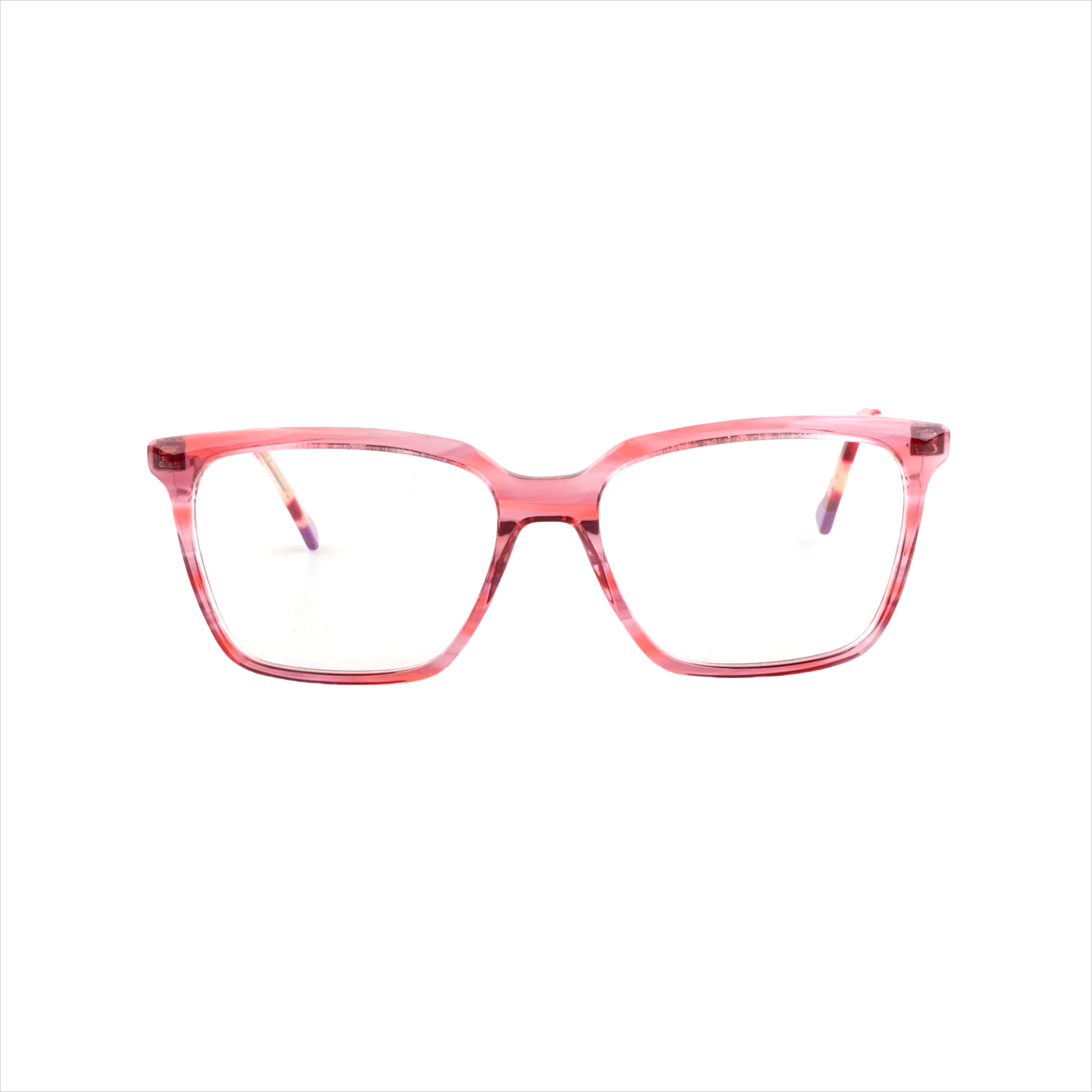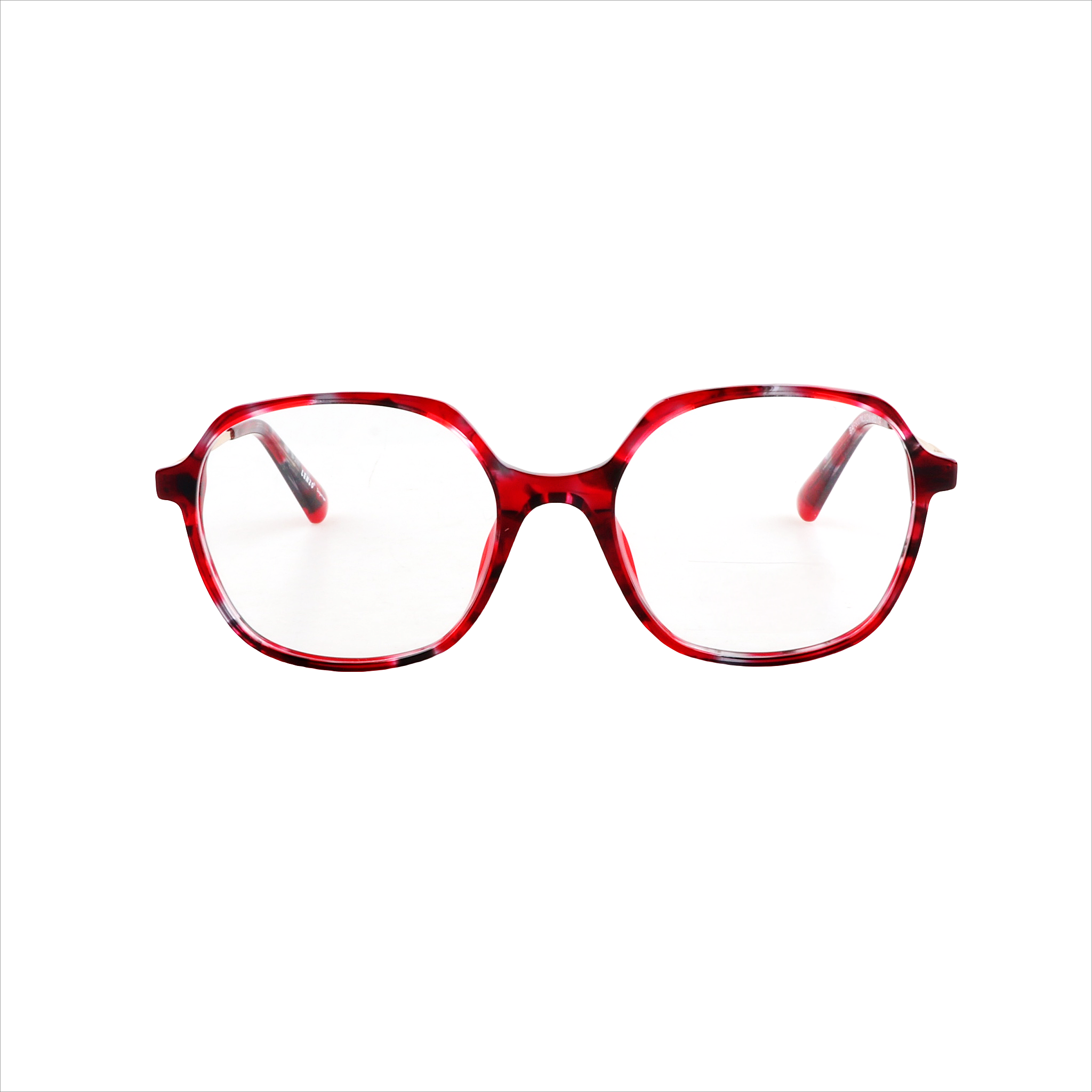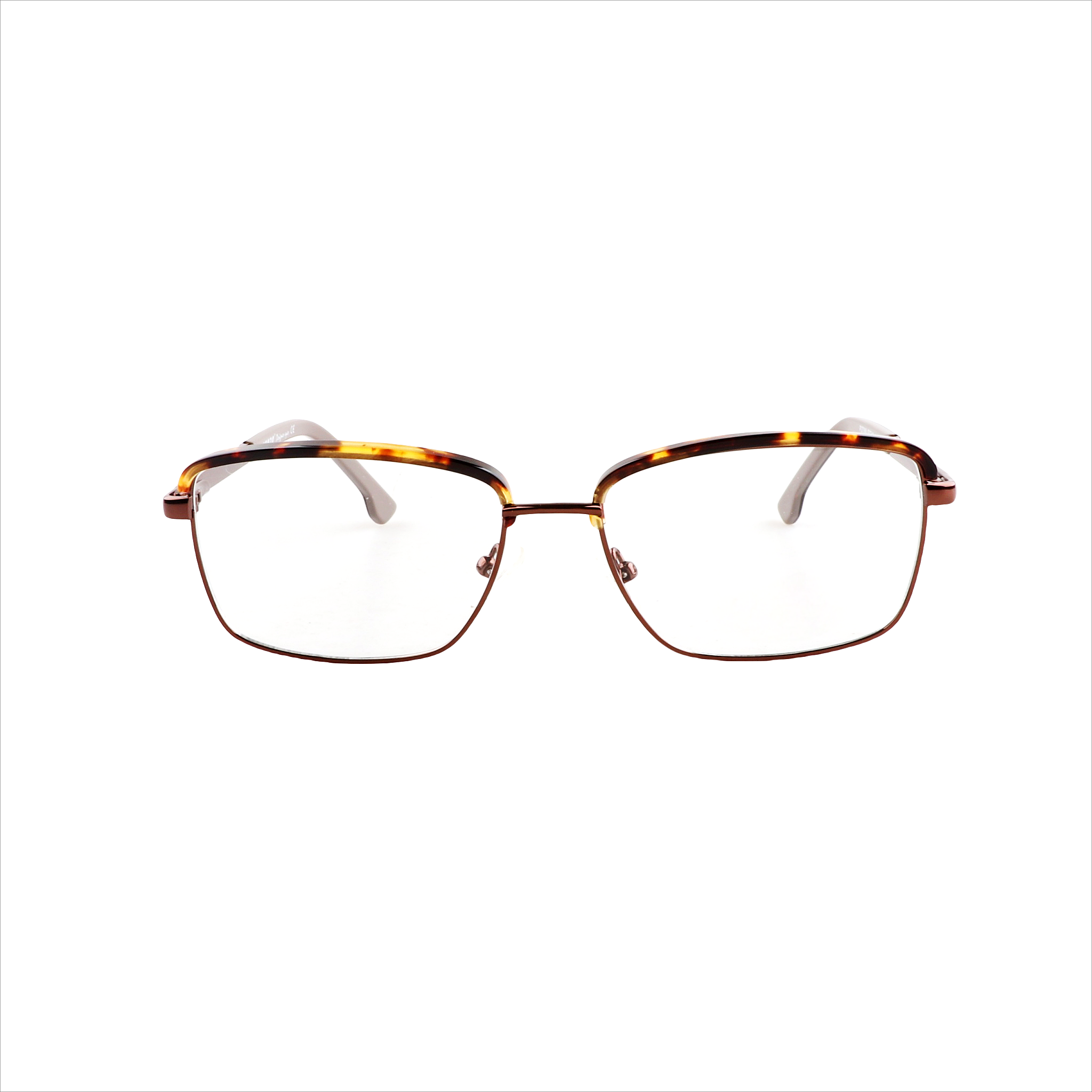8 Tips for Your Eye Health

- Check Your Eyes Regularly
- Importance: Schedule regular eye examinations with an eye care professional to detect any potential vision problems early. Early detection can help prevent more serious issues.
- Blink Frequently
- Importance: Blinking helps to moisten the eyes and prevent dryness and irritation. When using digital devices, we tend to blink less, so make a conscious effort to blink regularly.
- Proper Lighting
- Importance: Ensure that your workspace and reading areas are well-lit to reduce eye strain. Use natural light when possible, and avoid harsh lighting or glare from screens.
- Exercise Your Eyes
- Importance: Practice the 20-20-20 rule: every 20 minutes, take a 20-second break to look at something 20 feet away. This helps reduce eye strain from prolonged screen time.
- Wear Sunglasses on Sunny Days
- Importance: Protect your eyes from harmful UV rays by wearing sunglasses that block 100% of UVA and UVB rays. This can help prevent cataracts and other eye issues.
- Eat Healthy Food
- Importance: Consume a balanced diet rich in vitamins and nutrients that support eye health, such as leafy greens (lutein and zeaxanthin), carrots (beta-carotene), and fish (omega-3 fatty acids).
- Gaze at Green Trees
- Importance: Spending time outdoors and focusing on green spaces can help relax your eyes and reduce strain. Nature can provide a soothing effect for your vision.
- Distance Adjustment
- Importance: When using screens or reading for extended periods, adjust your distance from the screen to reduce strain. Ideally, keep screens at least an arm's length away and position them slightly below eye level.
By following these tips, you can promote better eye health and reduce the risk of vision problems over time.
Eye Care Tips & Health Advice
Your eyes deserve the best care, and a few simple habits can go a long way in maintaining healthy vision. Here are some essential tips for eye care and health:
- Daily Eye Care Routine
- Clean your eyelids gently and avoid rubbing your eyes. Use fresh, clean towels, and be mindful of makeup or skincare products near your eyes.
- Protect Your Eyes from Blue Light
- Prolonged screen time can lead to digital eye strain. Blue light-blocking lenses can reduce eye fatigue and help you stay comfortable during long hours on screens.
- Regular Eye Exams
- Scheduling annual eye exams is essential, even if you don’t currently wear glasses. Regular checkups help detect early signs of conditions like glaucoma, cataracts, and vision changes.
- Preventing Digital Eye Strain
- Try the 20-20-20 rule: every 20 minutes, look at something 20 feet away for at least 20 seconds. This simple practice can reduce the strain on your eyes from prolonged screen use.
- Sunglasses and UV Protection
- Always wear sunglasses with 100% UV protection to shield your eyes from harmful UV rays, which can contribute to cataracts and other eye health issues.
- Eye-Friendly Diet
- A diet rich in antioxidants, omega-3 fatty acids, and vitamins (like A, C, and E) supports eye health. Leafy greens, fish, and colorful fruits are great choices.
- Stay Hydrated
- Drinking enough water daily helps keep your eyes moisturized, reducing dryness and irritation, especially if you spend long hours in air-conditioned or heated environments.
- Limit Contact Lens Wear
- For contact lens users, give your eyes regular breaks by wearing glasses, and follow the recommended hygiene and replacement schedule for lenses to avoid infections.
- Don’t Smoke
- Smoking is linked to a higher risk of cataracts, age-related macular degeneration (AMD), and optic nerve damage, all of which can lead to blindness. Quitting can significantly benefit your eye health.
- Use Proper Lighting
- Reading or working in low lighting can strain your eyes. Ensure your room is well-lit and position your screens to avoid glare, which can contribute to digital eye strain.
- Sleep Well
- Quality sleep gives your eyes a break and helps prevent eye strain. Poor sleep can lead to eye spasms, twitching, and bloodshot eyes, so try to get enough rest each night.
- Practice Eye Exercises
- Regular eye exercises, like focusing on objects at different distances, can relieve tension in your eyes and improve flexibility. Rolling your eyes and blinking more often can also reduce strain.
- Know Your Family History
- Some eye conditions are hereditary. Knowing your family’s eye health history can help you stay vigilant about potential issues and work with your eye doctor to monitor early signs.
- Avoid Direct Sun Exposure
- Direct UV exposure can damage the eyes over time, increasing the risk of cataracts and AMD. Wearing a wide-brimmed hat along with UV-protective sunglasses is ideal for outdoor activities.
- Limit Screen Time for Children
- Children’s eyes are still developing, and excessive screen time can lead to nearsightedness. Encourage outdoor activities and eye breaks to support healthy vision development.
- Reduce Allergen Exposure
- If you suffer from seasonal allergies, keep your home free of dust and use air purifiers to avoid triggers that can irritate your eyes.
For more personalized advice or specific eye care concerns, don’t hesitate to consult with an eye care professional. Taking proactive steps in eye care today can help preserve your vision and maintain eye health for life!








